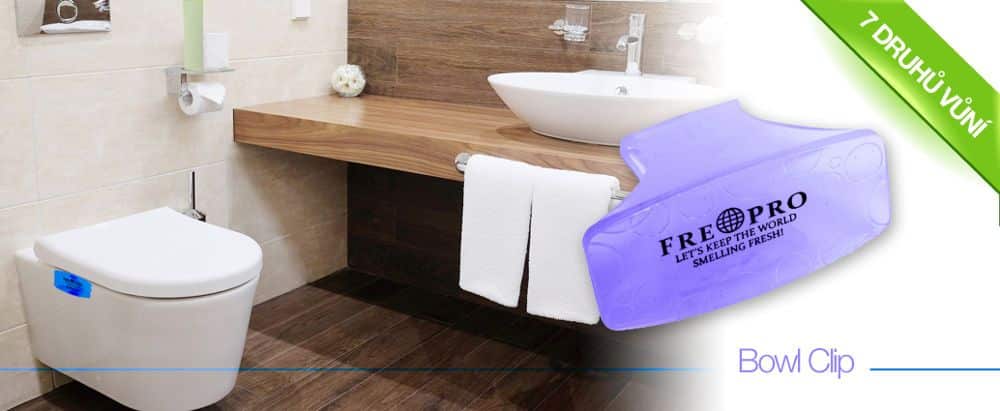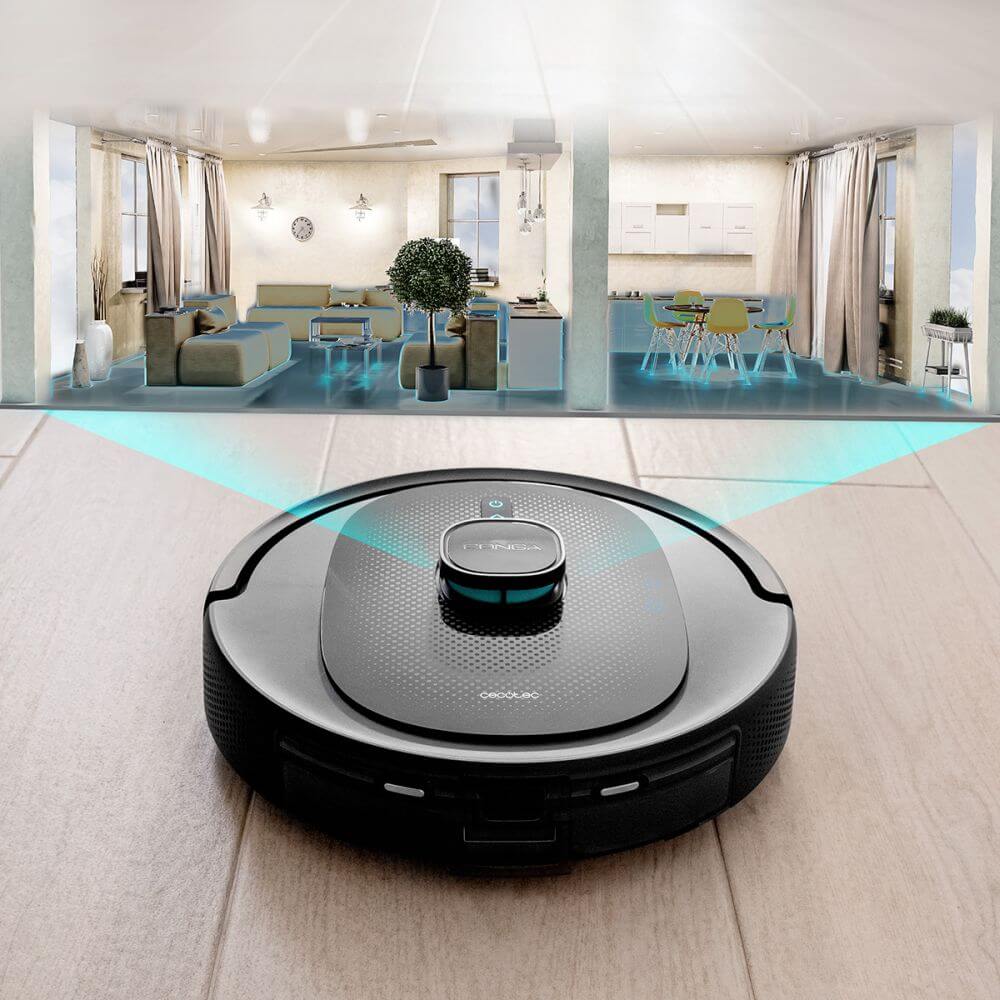Computers – Hardware 2.
Computers – Hardware 2.
A standard computer system consists of three main sections: (1) the central processing unit (CPU), (2) the main memory, and (3) the peripherals. All of this is set into the main board which consists of internal expansion slots – the expansion slots allow users to install adapters or expansion boards.
CPU (1) is the most influential component: its function is to execute program instructions and coordinate the activities of all the other units. It is the “brain” or “heart” of the computer. Central processing unit consists of three main parts:
(a) the control unit examines the instructions in the user’s program, interprets each instruction and activates all the components to execute the functions specified,
(b) the arithmetic logic unit (ALU) performs mathematical (such as +, – etc) and logical operations (and, or etc),
(c) the registers are high speed units of memory used to store and control information, for example the program counter which keeps the track of the next information to be performed in the main memory or the instruction register which holds the instruction that is currently being executed.





